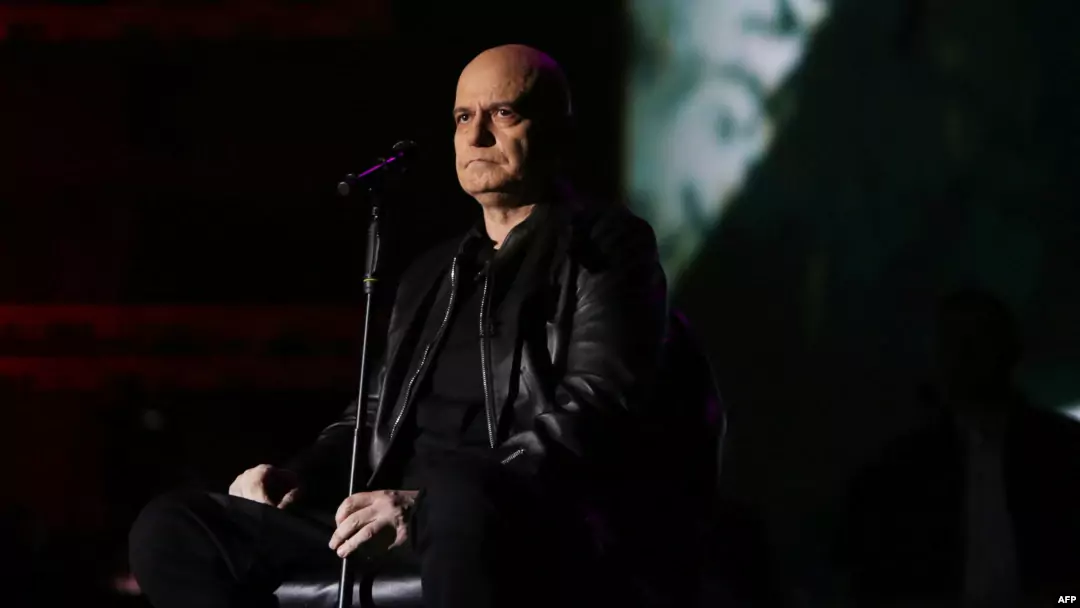The attempt to form a government in Bulgaria failed after the showman and leader of There is Such a People (TISP) Stanislav Trifonov announced on 10 August afternoon on his private 7/8 TV that his party would not submit their proposed draft cabinet to parliament for voting.
A little later, the PM designate Plamen Nikolov submitted an official statement to President Rumen Radev and to National Assembly Speaker Iva Miteva that he was withdrawing his consent to be nominated for Prime Minister for personal reasons.
Actually, the reasons are purely political. The two protest parties – Democratic Bulgaria and Stand up BG! We are coming!, stated categorically that they would not support the proposed draft cabinet, while the Bulgarian Socialist Party (BSP) set a condition, which TISP refused to fulfil. The other two parties in parliament – GERB and MRF, remained silent.
Thus, the political crisis grew into a constitutional one. Withdrawal of the draft cabinet at the last moment before its voting in parliament is a precedent in Bulgaria’s recent history. The Constitution does not provide for a solution to such a case.
This is TISP’s second attempt to form a government. The first one was immediately after the 11 July elections. Even before the final results became clear, Trifonov announced on Facebook and his private television that he was ready with the composition of draft cabinet. He did it without consulting the parties in parliament, from which he expected support. TISP won the most votes, but they brought it only 65 seats in Parliament – too little to form an independent cabinet.
On top of that, the proposed cabinet composition provoked a sharp reaction not only from potential future TISP’s partners, but also from voters who had voted for the party. There was the most criticism against the nomination of economist Nikolay Vassilev for Prime Minister. He is a former Deputy PM and Minister of Economy (2001-2003), Deputy PM and Minister of Transport and Communications (2003-2005) as well as Minister of State Administration and Administrative Reform (2005-2009). Only three days later, on 15 July, Trifonov withdrew Vassilev’s nomination and stated that he would propose a new PM and a revised cabinet composition.
He did it again without consulting the other parties. Shortly before it was presented to President, this draft cabinet also underwent changes. In the end, little known persons were nominated for ministers, without experience and expertise in the field for which they will be responsible. Moreover, some of them had rather controversial reputation. This time the criticism was even sharper and it was clear to everyone that this cabinet would not be voted in parliament.
Now it is the turn of President Rumen Radev again. According to the Constitution, he must hand over an exploratory mandate to the second largest party, which is GERB. They have already stated that they will propose a cabinet, but will return the mandate.
The third exploratory mandate probably will be handed over to BSP. The Socialists, however, can neither form an independent government nor receive sufficient support for a coalition cabinet.
Thus, the most likely outcome of the present crisis is early parliamentary elections in the autumn, along with presidential elections.
Credit: Neyko Ktasteva

